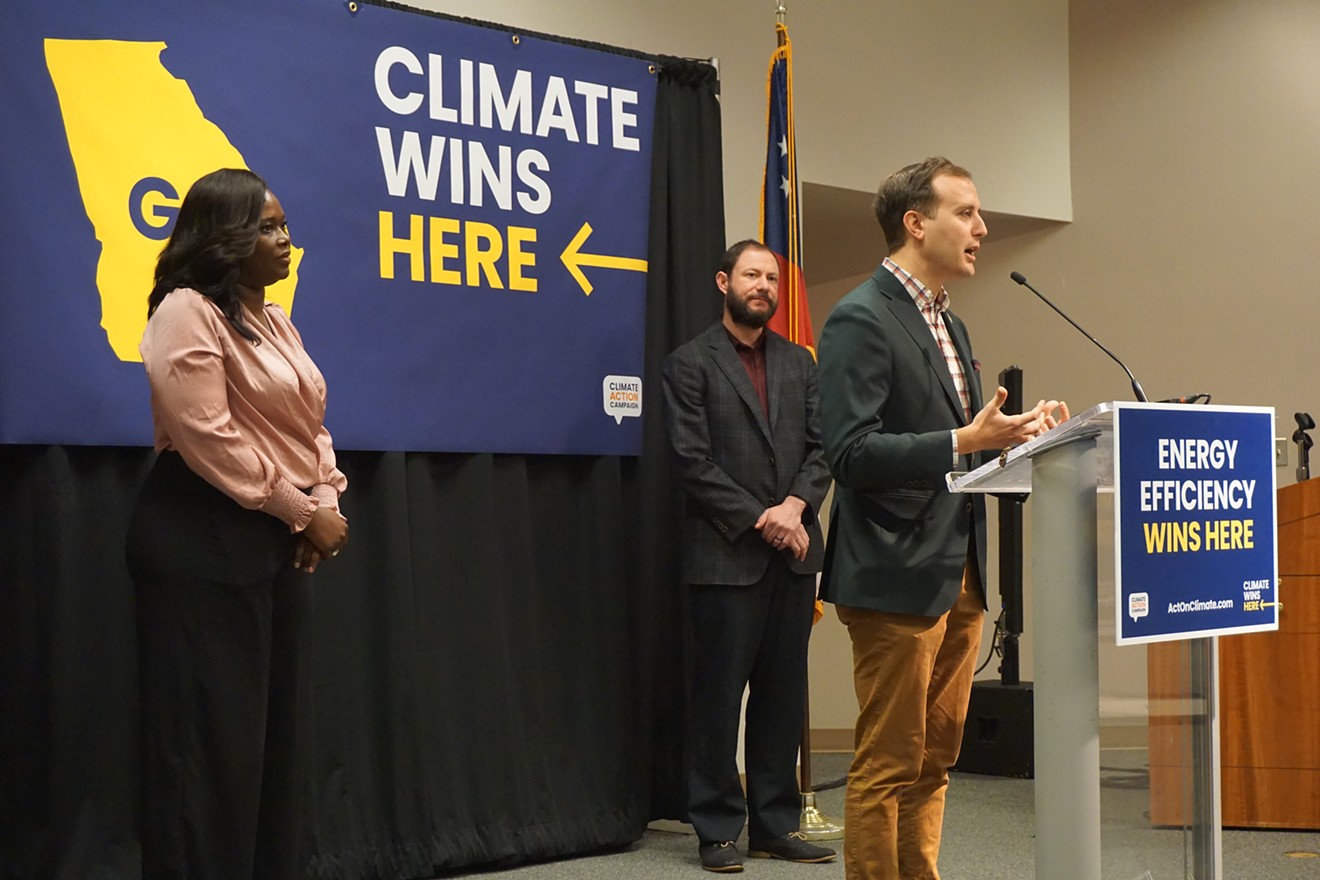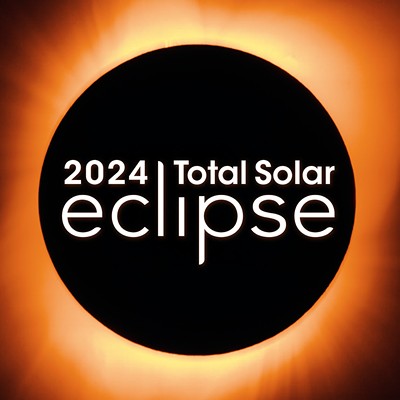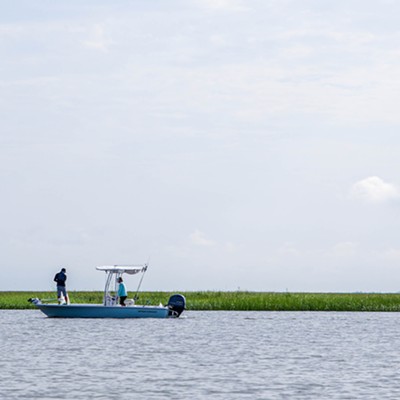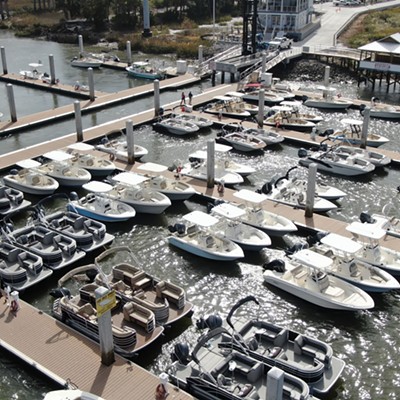For many Savannah residents, it’s getting easier to
save money on their energy bills and perhaps help save the planet along the
way.
Savannah District 4 Alderman Nick Palumbo, Georgia House Rep. Edna Jackson and others held a news conference on Friday, Dec. 15, at Coastal Georgia Center to highlight local programs addressing clean energy and climate issues. The Inflation Reduction Act, federal legislation passed in August 2022, is funding such programs that eventually have come to Georgia and Savannah.
“The big takeaways, we’ve been doing these events for
a couple of years now, since the IRA was passed,” Palumbo said, “now we’re
seeing in real time the energy revolution taking place, getting at the consumer
level. It’s really exciting to see where it became a bill and there was the
fight we all watched in these funding dollars, finally have come down and have
gotten to the local level where every day, ordinary residents can take part in
this revolution.”
He noted the city of Savannah has saved on utility
costs by upgrading about 18 facilities through weatherization and solar panels,
and it’s time residents benefitted as well.
One statewide program started in September helps make
solar energy systems available to underserved households – deemed earning less
than $100,000 annually – through a leasing arrangement that avoids up-front
costs for the homeowner and lowers utility bills both short and long term.
A second program for low- and moderate-income city
residents helps make their homes more energy efficient at no cost through improvements
in weatherization such as insulation in walls, sealants around windows and
doors and installation of digital thermostats as well as LED bulbs. Participants
can be home renters or owners.
This program also includes local workforce training to
implement this work in the clean energy economy.
The city of Savannah is receiving the maximum
$1 million grant for the second endeavor through the Environmental Protection
Agency’s 2023 Environmental Justice Government-to-Government (EJG2G) Program. The
nationwide initiative funds “government activities that lead to
measurable environmental or public health impacts in communities
disproportionately burdened by environmental harms.”
Nicole Lee, founder and CEO of Be Smart
Home Solutions, the energy consulting firm that will administer the
weatherization program, goes into residences and performs energy audits. She
sees a need in the community not being met by existing state programs.
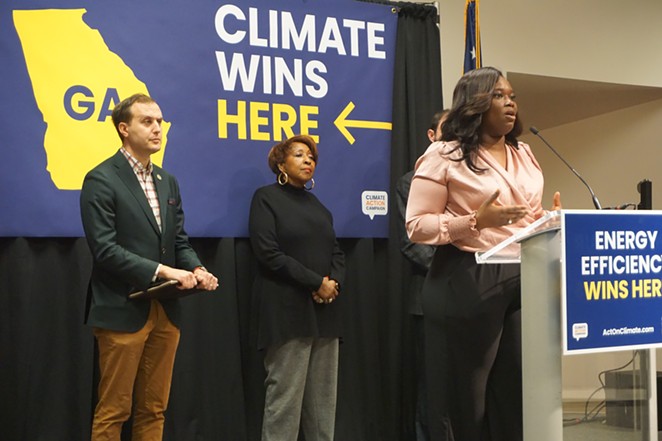
“When they fall through those gaps, we
have to figure out a way to get them into this program,” Lee said. “What the
city has done with the Office of Sustainability by getting this EPA $1 million
grant, we’re able to help those residents who fall into that gray area.”
The EPA announced in October nearly $128 million for 186
projects across the country, with Savannah among the 88 EJG2G grant recipients
receiving a total of $84.1 million. Savannah’s proposal was designed after
months of community outreach such as task forces and workshops.
The city council had passed a resolution in March 2020
leading to the 100% Savannah Clean Energy Plan. The goals are 100 percent safe,
clean and renewable electricity by 2035 and the same qualities for all other
energy uses by 2050.
Palumbo acknowledged it’s taken some time to get funding
mechanisms in place for these programs. The solar energy system plan is through
a pilot program called Georgia BRIGHT which is operated by the nonprofit
Capital Good Fund.
“That is truly a game changer,” said Andy
Posner, founder and CEO of Capital Good Fund, based in Providence, Rhode
Island. “This is the first program of its kind in the country. There will be
more.”
Posner said the program initially can support
200 installations of solar panels, and seven systems have been leased so far. Capital
Good buys the systems and leases them to eligible homeowners who otherwise might
not qualify for a 30 percent federal tax credit.
Capital Good uses that savings to help fund
the program, with up-front costs ranging from $12,000 to $40,000 depending on the
system and if batteries are included – which Posner said are important in a
coastal area susceptible to hurricanes and power outages.
“We are not-for-profit company, so we’re not going to
hound people,” Posner said. “We’re not going to put solar on if somebody isn’t going
to save, if their roof can’t support it. I really encourage people to try it
out. They can find out if it’s a fit or not.”
The homeowner pays nothing up front, then
a monthly lease fee (about $35 and up, depending on the system size). As an
example, Posner said a solar energy system could save $100 on a current $200
monthly utility bill, and after a $60 lease fee, there’s a net $40 savings.
Leases are 25 years, with homeowners able
to buy their system starting in Year 7.
“It’s a solar lease program where they
can see the benefits of solar and clean energy and without that up-front cost
and a hassle,” Palumbo said. “The contractor has been identified. There’s great
efficiency in it. They can participate just by leasing a little space on their roof.
It’s almost set it and forget it where they can see the benefits, too.”
A spokesperson for the Climate Action Campaign said independent
studies determined the Inflation Reduction Act would lower energy bills for
Georgia families an estimated $300 to $1,800 a year over the next five years.
The average family spends more than $2,000 a year on energy
bills, according to research. As costs are rising, so could savings, with the
average household saving around $1,025 by 2030 compared to 2021 costs for
electricity, home energy and transportation.
For information about the new programs, visit: capitalgoodfund.org/bright/ and BeSmartHomeSolutions.com

